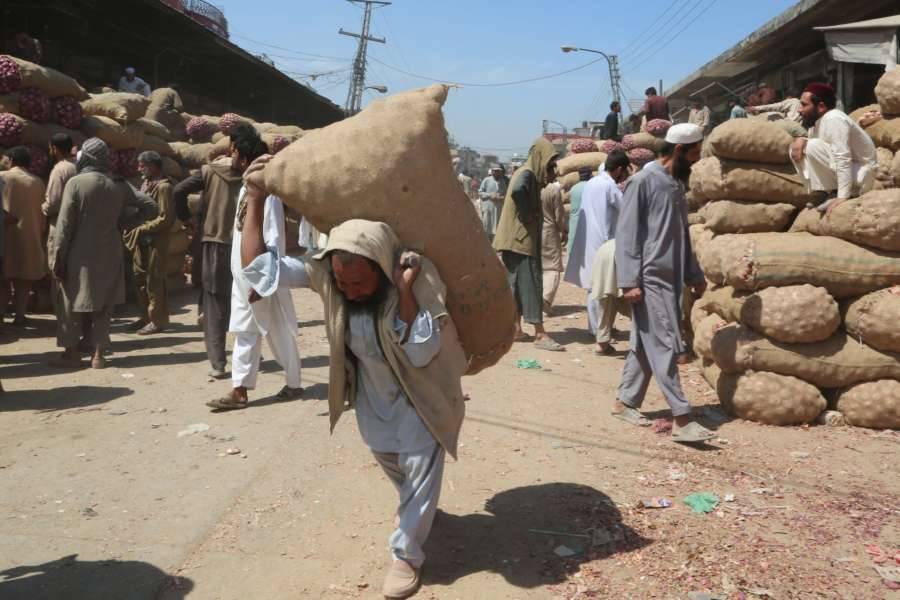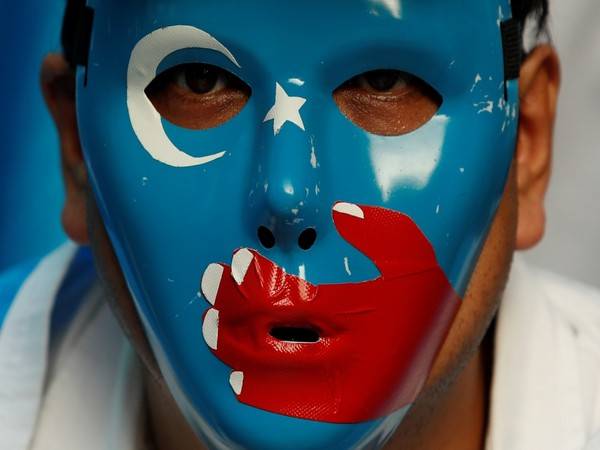Pakistan imports a large chunk of its total requirements of edible oil, including palm, soyabean and olive from countries such as Malaysia, Indonesia and Brazil among others…writes Mahua Venkatesh
A steady depreciation of Pakistan’s currency has led to an increase in the country’s food import bill in the current financial year. In the beginning of July last year-the beginning of the Pakistani financial year, the country’s currency was pegged at around 158 to the US dollar. The Pakistani rupee at present is valued at 175 to a dollar. At a time when global oil and commodity prices are rising, the depreciation of the rupee would surely add to the worries of the country’s policymakers.
And now with building geopolitical tensions over Ukraine, the pressure on the country’s currency is likely to continue.
According to Pakistan based newspaper Dawn, Islamabad’s oil and food import bill rose 73 per cent to $14.97 billion in the July-December period compared to $8.67 billion in the corresponding period of the previous financial year.

“A steady increase in the import bill of these two sectors has widened the trade deficit and raised fears about the country’s food security,” the newspaper said.
Pakistan imports a large chunk of its total requirements of edible oil, including palm, soyabean and olive from countries such as Malaysia, Indonesia and Brazil among others.
However, challenges have multiplied since agriculture land has been thinning in Pakistan with growing urbanization. The News International said that “there is no doubt that this construction has its own benefits, but it causes the country’s food production to drop drastically. This in turn leads to an exorbitant increase in the prices of food supplies.”
Depreciation in the currency has also pushed inflation, which touched at 13 per cent in January. It also leads to a widening import bill.
“The world is going through uncertainties and countries need to be watchful..risks have risen for almost the entire world but countries which are already facing a number of challenges on the economic front, will be the worst affected,” an analyst said.
Meanwhile, Islamabad received a $1 billion tranche from the International Monetary Fund (IMF) as part of the Extended Fund Facility, providing the much-required breather to Pakistan’s Prime Minister Imran Khan. However, at the same time, inward remittances slowed down. In January Pakistan received remittances worth $ 2.1 billion, a fall from $2.5 billion in December, 2021. This is the lowest since August 2020, when the Covid 19 pandemic had just hit the world.
(The content is being carried under an arrangement with indianarrative.com)













